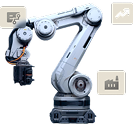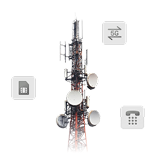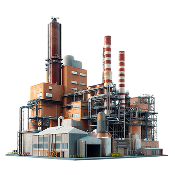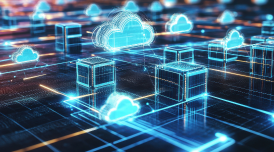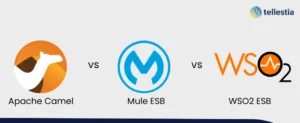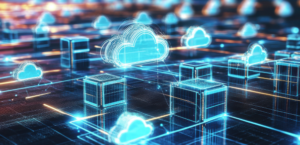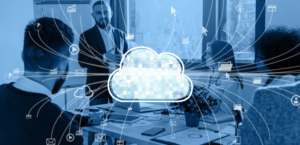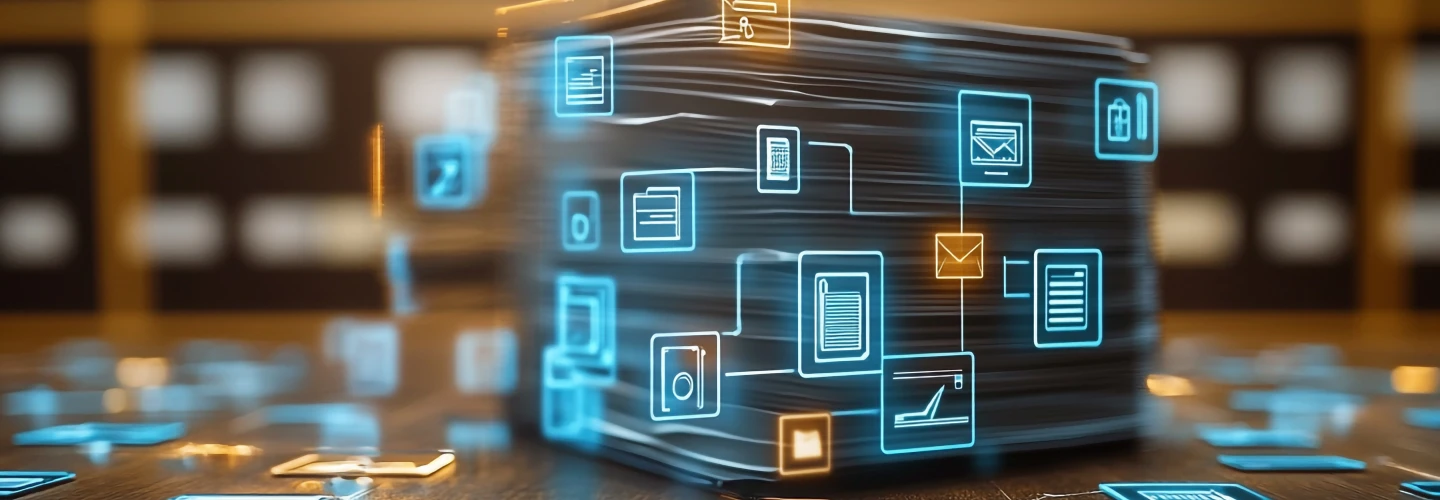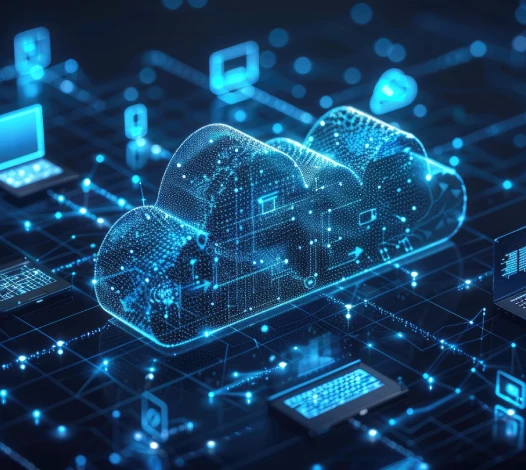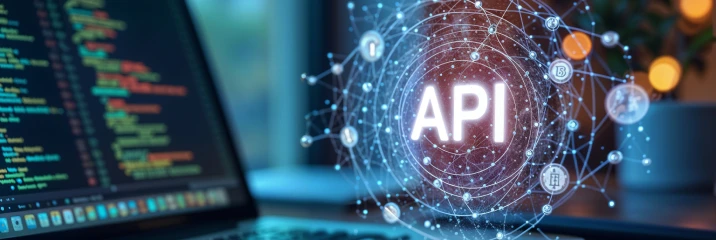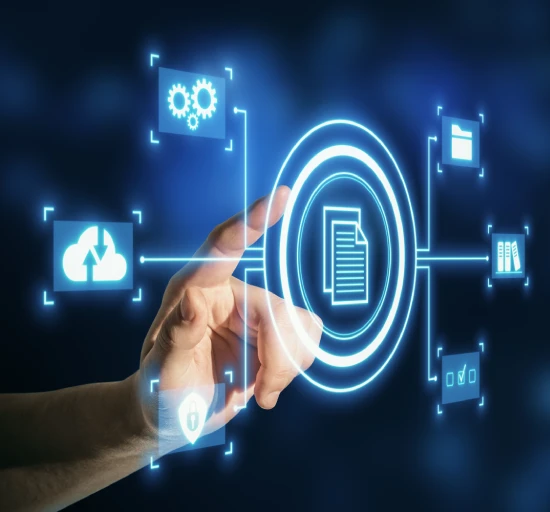
Legacy applications can slow innovation due to rigid architectures. Tellestia offers a strategic approach to legacy app modernization, re-architecting your systems for seamless integration with modern technologies. Our tailored solutions preserve key business rules while enhancing scalability and flexibility, transforming your legacy systems into a vital, future-ready IT ecosystem.
Benefits of Legacy Application Modernization
Unlock the full potential of your legacy systems with Tellestia’s application modernization approach.
Impact Stories
Success Stories
Our Legacy Modernization Services
Tellestia’s expert services modernize your legacy systems, enhancing scalability, security, and integration
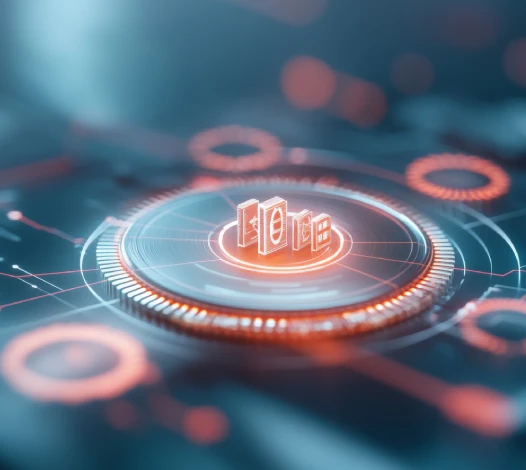
We conduct a thorough analysis of modernization options, create phased roadmaps, and govern application architectures using Tellestia’s Modernization Reference Architecture and legacy code analysis tools.
We design and govern APIs, select platforms, and implement secure access protocols for seamless integration with modern systems, utilizing tools like Boomi, WSO2, and MuleSoft.
Our replatforming experts guide the decomposition of legacy systems into microservices architecture, developing cloud migration roadmaps, and equipping developers for cloud-native transitions.
We integrate SaaS with legacy and on-premises systems, applying best practices and tools such as Boomi, WSO2, and MuleSoft to ensure smooth data flow across hybrid environments.
Why Choose Tellestia for Legacy Modernization?
Tellestia’s deep expertise in legacy application transformation services helps you stay ahead of the digital curve.
More Insights on Legacy Modernization
Explore Our Services

Future-Proof Your Business with Legacy App Modernization
Transform your legacy systems into agile, modern assets with Tellestia’s expert guidance.
Frequently Asked Questions
What is Legacy Application Modernization?
Legacy application modernization is the process of updating older software systems to align with current technology standards and business requirements. Rather than completely replacing these systems, modernization often involves enhancing functionality, integrating with modern platforms, or migrating parts of the application to the cloud. This approach preserves valuable business rules and data while enabling compatibility with modern, agile IT environments.
What are the Challenges of Using Legacy Systems?
Legacy systems can be costly to maintain and may lack compatibility with modern applications, making integration and scaling difficult. Security vulnerabilities, performance limitations, and dependency on outdated technology or skills often hinder business agility. These challenges can slow down digital transformation and prevent businesses from responding effectively to market demands.
What are the Benefits of Legacy Modernization?
Modernizing legacy applications improves system performance, security, and scalability. It allows organizations to integrate legacy systems with new technologies, enabling a more flexible, responsive IT landscape. Modernization can also reduce costs associated with maintenance and support, extend the useful life of critical applications, and enhance the user experience, helping businesses stay competitiv
How Can You Tell if You Need Legacy Modernization?
Signs that your business may need legacy modernization include increased maintenance costs, frequent system downtime, or performance issues. If your current systems limit integration with modern applications, lack flexibility for new features, or pose security risks, modernization can help. Additionally, if the system no longer supports your evolving business needs, it’s a clear indicator that modernization could deliver substantial value.




